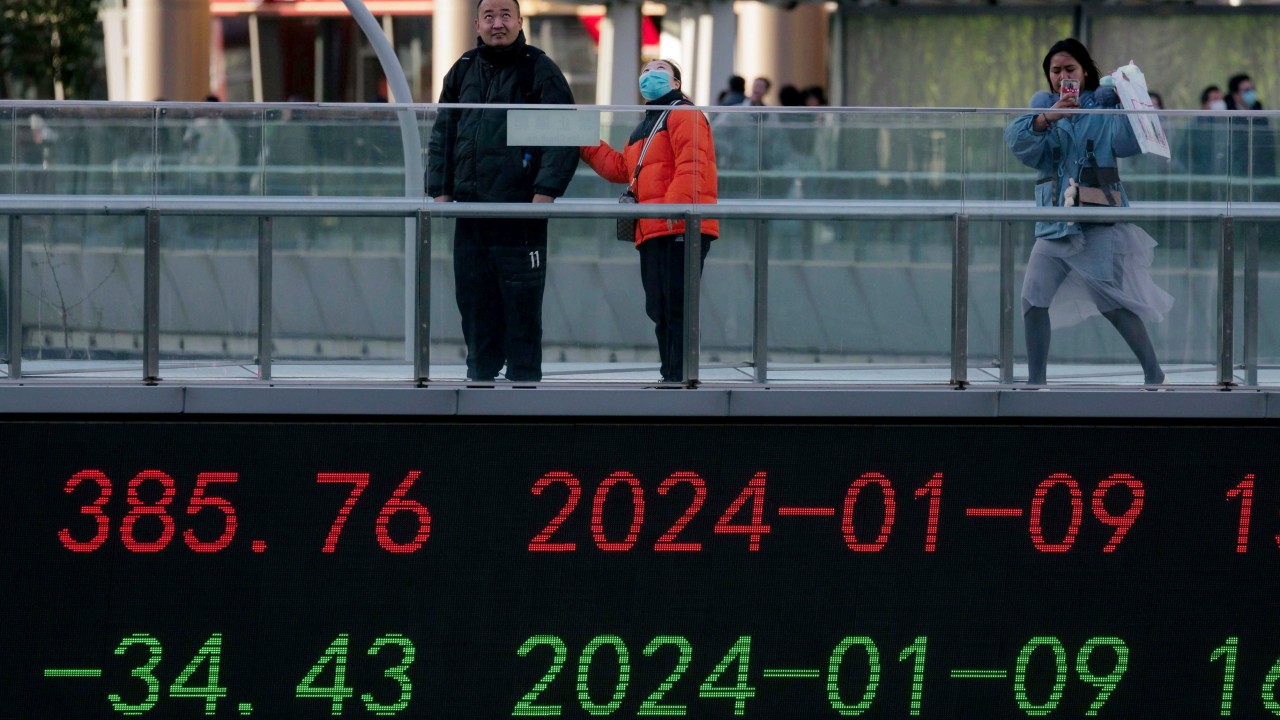
While the resumption of China’s central bank’s treasury-bond trade has stirred fierce debate over Beijing’s leaning towards quantitative easing, a prominent researcher affiliated with the Ministry of Finance has called for purchases in the primary market to foster better alignment of fiscal and monetary policies.
“We must liberate our minds in terms of operating restrictions in the primary and secondary markets, otherwise it will be difficult to achieve fiscal and financial coordination,” Liu Shangxi, head of the Chinese Academy of Fiscal Sciences which is affiliated to the Ministry of Finance, told a closed-door academic gathering on May 9.
“The central bank’s buying and selling of government bonds is conducive to better playing the role of finance in the monetary policy transmission mechanism,” according to a transcript of his speech published on the website of China Finance 40 Forum on Monday.
Liu is a member of the Chinese People’s Political Consultative Conference, the country’s top political advisory body, and also sits on such organisations as the Chinese Economists 50 Forum.
The primary market is where new securities, including stocks and bonds, are issued and sold for the first time, while the secondary market is where already issued securities are bought and sold by investors.
In April, the finance ministry and the central bank said in separate statements that the trading of treasury bonds could be used.
Chinese law, though, forbids the central bank from buying treasury bonds directly to prevent debt monetisation – a legacy drawn from lessons of the 1980s when high inflation became a major problem.
But China has long planned to revise the Law of The People’s Bank of China, although no details have been revealed.
In the secondary market, the central bank bought bonds for the purpose of monetary policy operations in 1997 and to facilitate the establishment of the China Investment Corporation – China’s sovereign wealth fund – in 2007.
The boundary between the primary and secondary markets has been blurred and it’s merely a matter of definition,
And although Liu’s speech is more of an academic discussion, lingering worries remain over fiscal monetisation, as it could lead to an increased supply of money and high inflation.
Liu, however, argued that China must reflect on traditional thoughts over fiscal overdrafts.
“The boundary between the primary and secondary markets has been blurred and it’s merely a matter of definition,” he said, citing the PBOC operations in 1997 and 2007, both of which were done through state-owned commercial banks.
“They were not that dissimilar to direct purchases.”
Whether a tool or policy is unconventional or not is relative, depending on the need and the circumstances
Instead, he warned such a firewall between the primary and secondary markets would hinder policy coordination between the two major economic agencies.
“We don’t need to worry too much about fiscal overdrafts, nor regard the boundaries between the primary and secondary markets as insurmountable. We must liberate the mind and re-understand it,” Liu added.
Liu also said many overseas central banks could buy stocks or assets owned by business entities.
“Whether a tool or policy is unconventional or not is relative, depending on the need and the circumstances. Just like the fiscal deficit, which we sought to avoid in the past, has now become a conventional tool,” he added.

